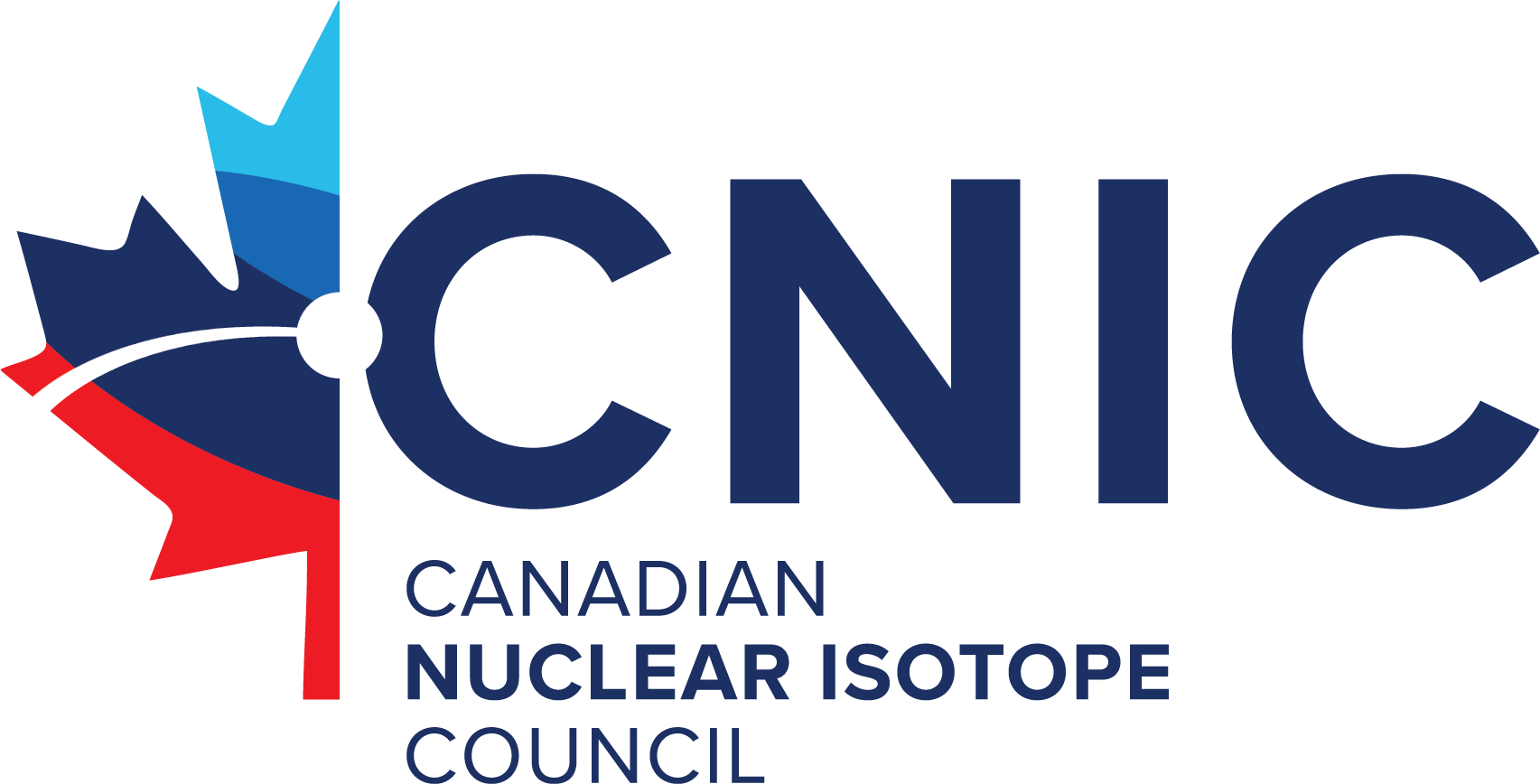
The week October 17th-21st, 2022 marked this year’s Nuclear Science Week (NSW), an international week-long celebration of all aspects of nuclear science. Held each October since 2010, NSW provides the opportunity to highlight innovation in nuclear and recognize the vital role it plays in the lives of people around the world.
During NSW, many activities and events take place globally and online to invite people to learn more about the importance of nuclear and celebrate accomplishments in the field. NSW also offers a number of resources for educators and the public centred on nuclear science. This year, NSW aims to advance education and visibility, fuel public participation, and spark communication around the benefits of nuclear.
NSW bases its activities on five educational pillars of nuclear science, which importantly includes Transformative Healthcare. As the champion for Canada’s role in the global supply of medical isotopes, the CNIC and its membership emphasize the importance of this pillar. A secure supply of nuclear isotopes is critical to supporting the health of people around the world.
Isotopes offer safe, effective diagnoses in addition to life-saving treatments to patients with a range of diseases. As a major producer of several key isotopes, like Cobalt-60 and Iodine-125, Canada’s involvement in the global supply chain cannot be understated.
More than 90% of the Cobalt-60 used to sterilize medical equipment is refined in Canada. During the pandemic, Canadian Cobalt-60 provided frontline healthcare workers the tools they needed to prevent the spread of virus and treat COVID-19 patients. Canada also manufactures and irradiate Lutetium-177, which is used for targeted cancer treatment with fewer side-effects than toerh treatments. Lutetium-177 can be attached to a peptide that allows it to seek out and destroy cancer cells, without causing damage to normal tissues. Additionally, Lutetium-177 has properties that allow gamma rays to detect it from outside the body, allowing doctors to see a tumour shrink while the isotope is treating it.
Great leadership within the Canadian medical isotope ecosystem has allowed for significant progress and innovation in the production of several important isotopes. CNIC members are at the forefront of this leadership.
Bruce Power’s Isotope Production System in Unit 7 is the first power reactor in the world with the installed capability to produce Lutetium-177. BWXT Medical has partnered with TRIUMF to manufacture Actinium-225 based products for pharmaceutical use. BWXT is also working with Laurentis Energy Partners, a subsidiary of Ontario Power Generation, to produce Molybenum-99 in OPG’s Darlington power reactor. Canada’s premier nuclear science and technology organization and national laboratory, Canadian Nuclear Laboratories, has more than 60 years of leadership and research experience in medical isotopes. CNL helped to pioneer the use of Cobalt-60 radiation therapy and served as a major producer of Molybdenum-99 for diagnostic imaging. Overall, Canada’s medical isotope ecosystem is home to a diverse range of companies and organizations that are actively working to transform healthcare and shape modern diagnostics and treatments using isotopes.
As NSW highlights, not only do isotopes offer new diagnostic and therapeutic avenues, isotopes are also transforming patient experiences in a number of ways.
First, isotopes allow for the personalization of healthcare. Whereas traditional medicine uses the “one-size-fits-all” model, radiation therapies and radiopharmaceuticals allow for individualized, targeted treatment options. Though two patients who may appear to have similar ailments, their diseases will require two different approaches to treatment. Isotopes allow for this variability between individuals because radiation therapies can be tailored depending on each case.
Second, medical isotopes offer better patient outcomes compared to traditional medicine in many ways. Isotope treatments offer little to no side effects and can often be delivered in fewer, shorter actual treatments. This leads to reduced hospital stays and lower financial costs and emotional strain to patients and caregivers.
For decades, Canada has played a vital role in the production of medical isotopes and radiopharmaceuticals for domestic and international use. Companies and organizations in Canada are committed to connecting patients with transformative, life-saving isotope products. The CNIC is proud to advocate to ensure that Canadians are aware of this thriving industry.
As each NSW passes, the momentum surrounding medical isotopes continues to grow, drawing much-deserved attention to nuclear sciences from the public, key stakeholders, and governments. For more information and resources on Nuclear Science Week 2022, go here. To learn more about Canada’s role in the global supply chain for isotopes, visit the CNIC website.
